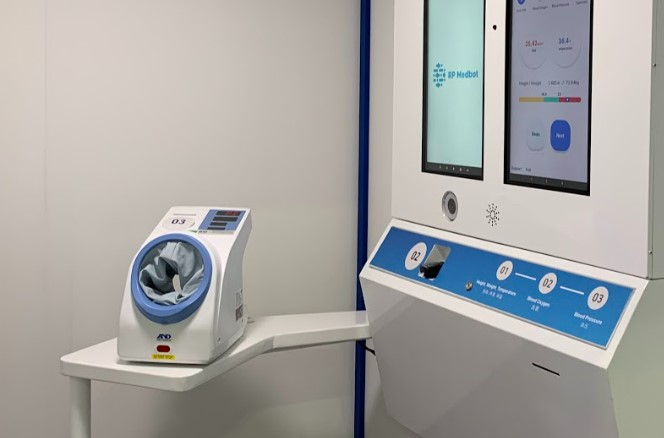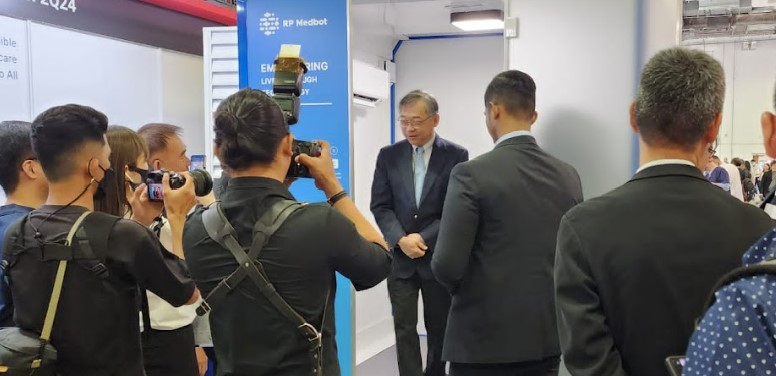The option of remote healthcare has become widespread in the COVID-19 pandemic, leading to a significant shift in medical services. With more patients opting for virtual consultations and remote monitoring, it’s clear that remote healthcare is here to stay. How is remote healthcare transforming the industry?
Preventing the spread of infectious diseases
Remote healthcare reduces physical visits to healthcare facilities. With virtual consultations, patients can reduce the risk of exposure to infectious diseases. This is especially important for patients who are more vulnerable to illness. Remote healthcare also helps to reduce the burden on healthcare facilities, such as the risk of overcrowding. This will create a safe and sanitary environment in the facilities.
Improving access to care
Patients can receive medical care from the comfort of their own homes, eliminating the need for long and costly trips to clinics. Remote healthcare solutions also offer greater flexibility in scheduling appointments, reducing wait times and allowing patients to receive care more quickly. By reducing the need for in-person appointments, remote healthcare can lower the cost of healthcare for both patients and providers. It also improves efficiency, enabling healthcare providers to see more patients in a shorter time.
Optimising efficiency and combats staff shortages
Remote healthcare is providing significant changes in rural areas. With remote solutions, patients in remote areas can receive medical care without having to travel long distances. These solutions will drastically contribute to their overall health outcomes.
RP Medbot: Singapore’s First, 24/7 Unmanned Medical Booth

RP Medbot is the first healthcare booth in Singapore that provides basic health screening with teleconsultation services, around the clock. Medbot’s value centres around everyone having access to basic healthcare anytime. It can assist healthcare facilities and enhance efficiency by using less resources and time. Other than teleconsultation features, Medbot is equipped with devices to assist patients with taking their BMI, temperature, blood pressure, oxygen levels, and ECG readings. Features that would roll out at the end of 2023 include tests for eyesight, hearing, mental consultation, blood glucose level, stress score, cardiovascular disease, and diabetic kidney. The RP Medbot is one of the displays at Medical Manufacturing Asia and Medical Fair Asia. It was also featured on The Straits Times, The New Paper, and Lianhe Zaobao.

As technology continues to evolve, we can expect to see more advancements in remote healthcare, improving patient outcomes and delivering high-quality medical care to everyone.